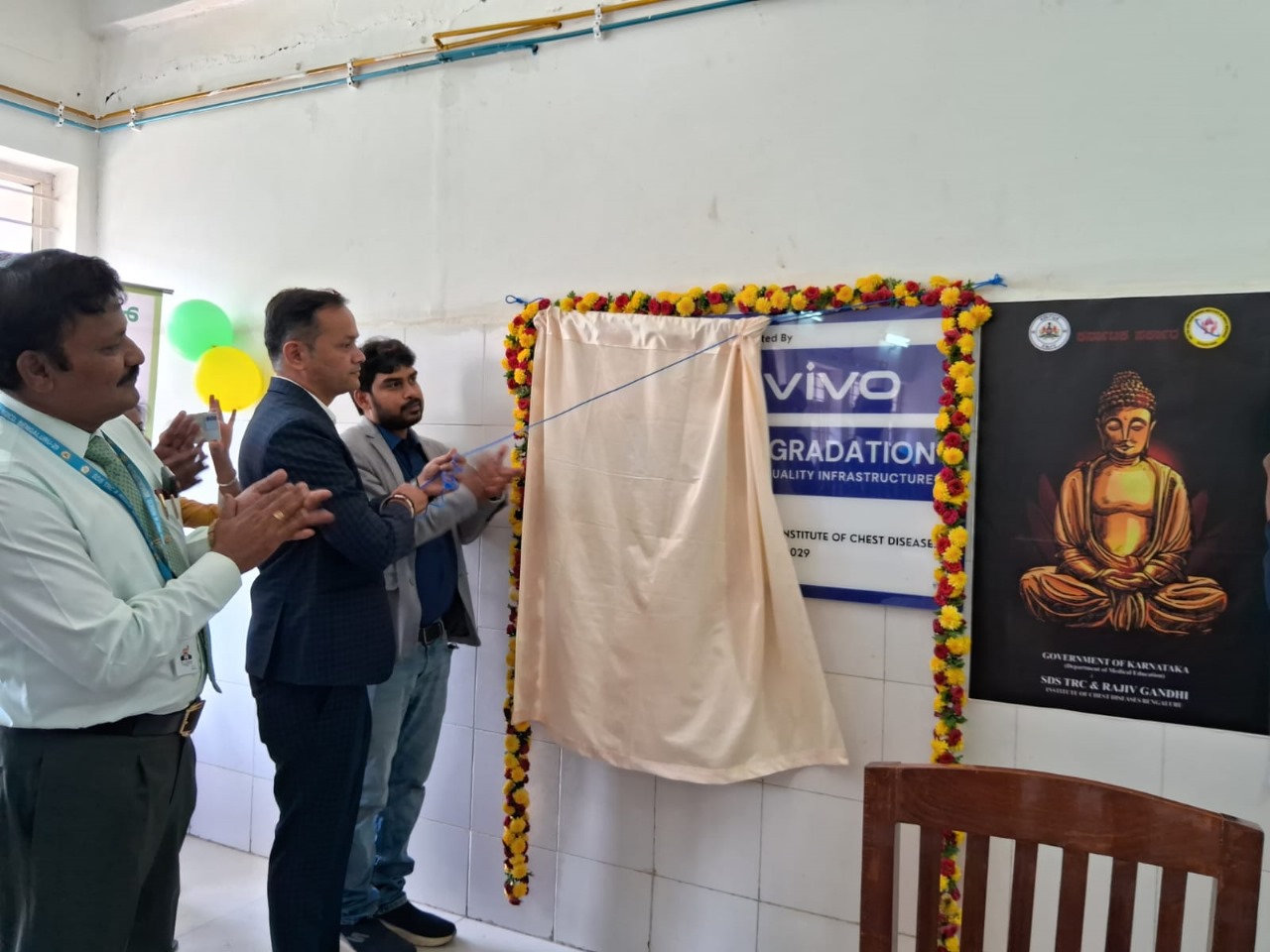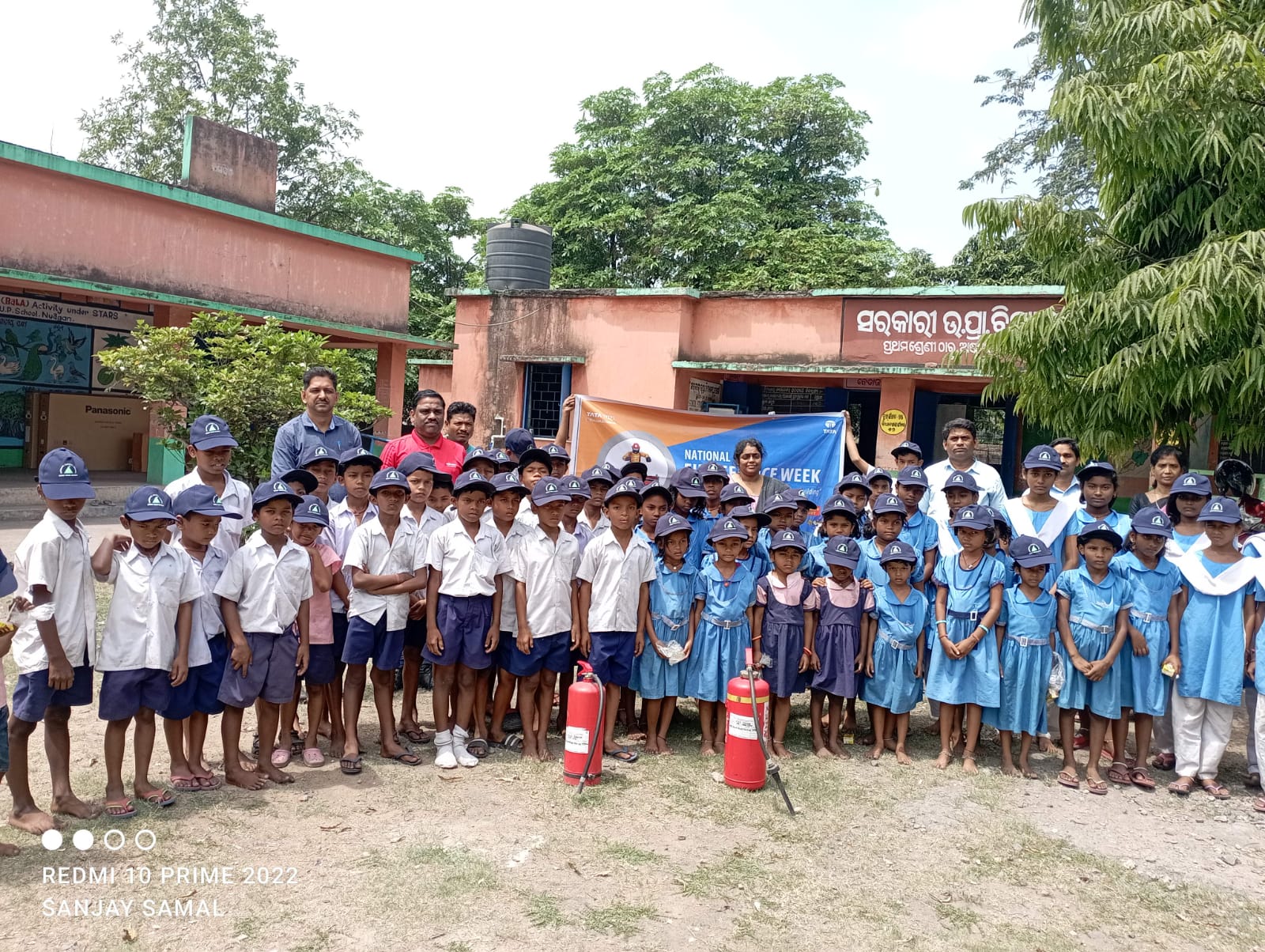Philanthropist MacKenzie Scott’s Newest Donation Will Help Poor Workers Get Affordable Eyeglasses
By Forbes
October 14, 2022

Billionaire philanthropist MacKenzie Scott has donated $15 million to VisionSpring, a New York nonprofit that sells affordable eyeglasses to low-income customers in South Asia and sub-Saharan Africa, the organization announced Thursday.
Scott, the former wife of Amazon founder Jeff Bezos, received a quarter of Bezos’ Amazon stock in their 2019 divorce and has given away more than $12.7 billion to more than 1,200 groups since the middle of 2020. Like many of Scott’s donations, this is the largest gift the organization has ever received. And while it’s relatively small compared to some of Scott’s donations earlier this year—namely her $281 million gift to the Boys and Girls Clubs of America and her $275 million gift to Planned Parenthood—VisionSpring says it’s the largest private donation ever made toward tackling the problem of poor vision as a poverty reduction tool.
VisionSpring’s CEO Ella Gudwin says she and about half of the nonprofit’s 300 employees had a dance party over Zoom when they shared news of the donation internally.
“We are really excited for the gift to be a win for the sector and everybody who has been working on this problem. The world is full of intractable problems. This is not one of them. This is actually one we can solve,” Gudwin says.
VisionSpring will use the money from Scott to launch a program called Livelihoods in Focus, which aims to help 6 million low-income tea, coffee, cocoa and artisan workers in India, Bangladesh, Ghana, Kenya and Uganda get eyeglasses by 2030, which are normally too expensive or not easily available in low-income environments.
Workers will likely end up paying VisionSpring between $1.50 to $4 per pair of glasses, which are highly subsidized by VisionSpring, though Gudwin says they haven’t set the prices yet for the Livelihoods in Focus program. VisionSpring sources its glasses from China and uses factories in India to produce glasses.
“We work on the demand side, which is getting people to know that they need glasses, that they want the glasses and they aspire to have them,” Gudwin says. “And then there’s the supply side. The glasses have to actually be affordable and available.”
According to a study published Tuesday in The Lancet, only 9% of people age 50 or older in South Asia who need glasses or contact lenses have acquired them. In sub-Saharan Africa, it’s only 5.7%. In total, 257.8 million people worldwide suffer from mild visual impairment and an additional 510 million have suffered vision loss from aging, according to a study from 2020.
The idea is that workers with better vision are more productive, a finding that studies have supported, and can earn more for their families. The pitch to employers is that workers who can see more clearly are better for the company’s bottom line. VisionSpring is partnering with cooperatives, tea associations and large agricultural land owners to actually go in and provide people with vision screenings and eyeglasses.
© Renalysis Consultants Pvt Ltd









